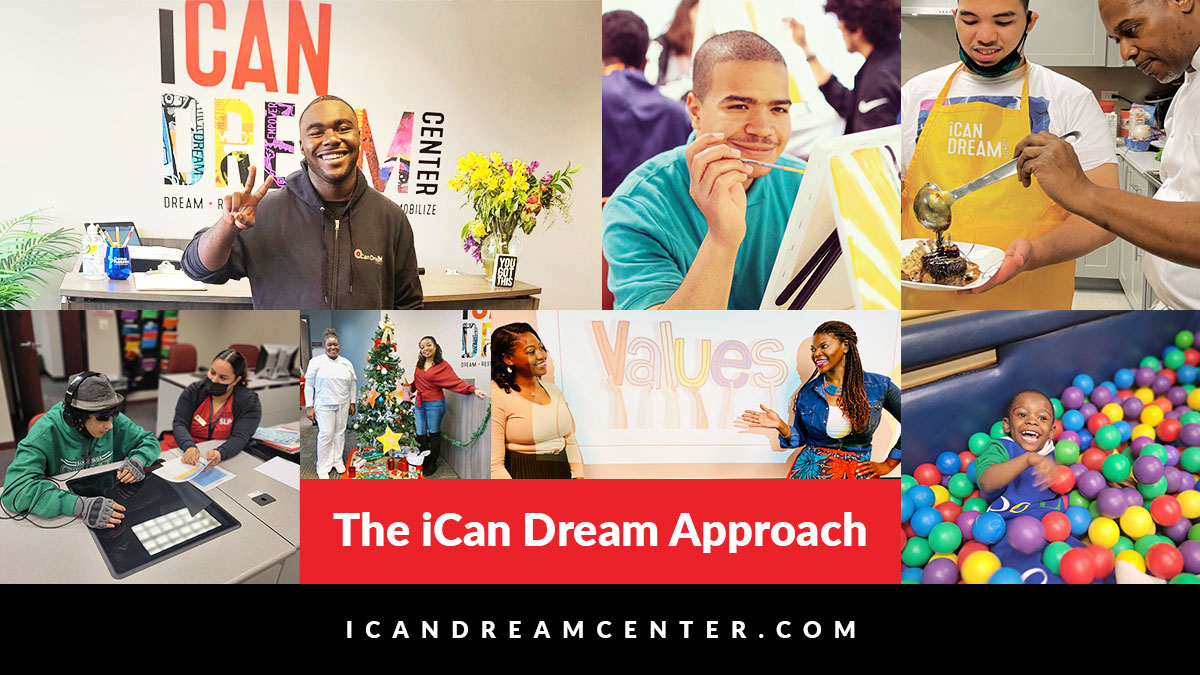
The iCan Dream Approach
Rigid structure. High admission fees. A wealthy student body. The phrase “therapeutic school” might suggest images of troubled teen boot camps, private schools, or residential in-patient treatment facilities doubling as schools.
Yet outside the for-profit sector, iCan Dream Center, NFP model is helping youth simultaneously achieve personal and academic wellness—and in 99 percent of cases, at no direct cost to families at all.
“Too often in education, we rely on models that are failing students, especially our most vulnerable,” U.S. Secretary of Education Arne Duncan wrote in an essay published recently on Medium. “We need to change this by investing in models that are proven to work for our most disadvantaged students.”
That means tackling underlying issues that contribute to poor learning among K-12 students, including trauma.
As iCan Dream Center gets ready to turn ten next month, we are talking a lot about what we have seen over the years. We often encounter students who have experienced multiple traumas over many years, while having fewer overall resources available to help them process and recover from those experiences.
What is So Important About a Trauma-Informed Therapeutic School?
Chronic stress resulting from trauma has a long-term impact on children’s’ brains, impacting neurological pathways and sometimes resulting in learning disabilities. Just a single traumatic event can trigger consequences like a decline in schoolwork, according to the American Psychological Association.
Their main recommendation for combating the problem? Incorporating a strategy like whole-child learning which considers the child, their family, and their community.
Inside our classrooms, students attend group social work sessions and work on project-based assignments. Parents and caregivers are encouraged to attend adult group sessions. In many ways, our school staff are trained like social workers, helping to link families to social services, food, legal aid, and in some cases, housing resources.
With a 100% graduation rate for our high school credit recovery cohort the past ten years, we are proving successful.
For our transition learners, those 18–22-year-olds who need more time after high school before they are ready for prime time, we work on their functional reading, math, life skills such as cooking and shopping, and we teach them how to work in the community.
For early learners, The Little Dreamers TherapeuticSchool is for children ages 3-9 who experienced learning and behavioral deficits before they enter kindergarten. The program currently accommodates 34 students, all referred by local school districts. Another 15 are waitlisted. Tuition for the program is funded by the home school district.
Be sure to follow along on social media the next ten months as we celebrate ten years transforming lives of some awesome youth across the Chicagoland area.
